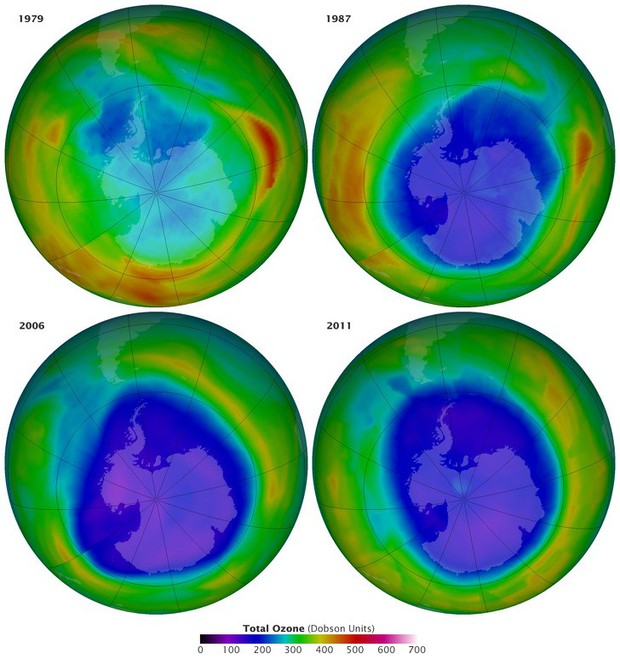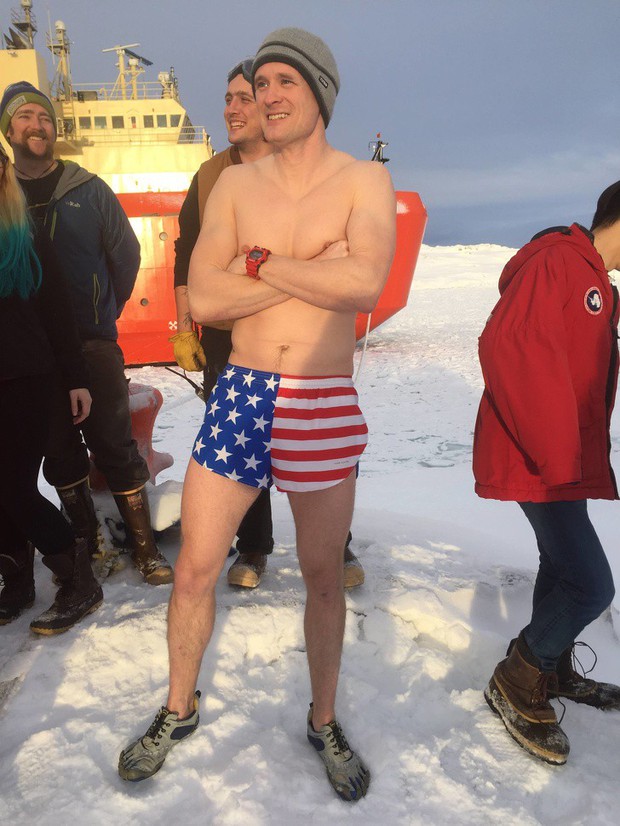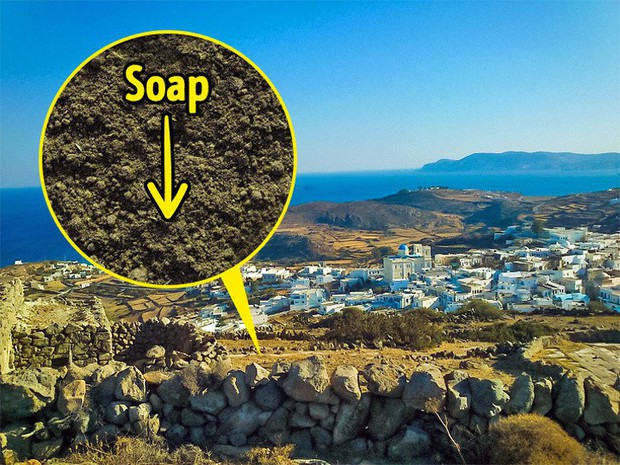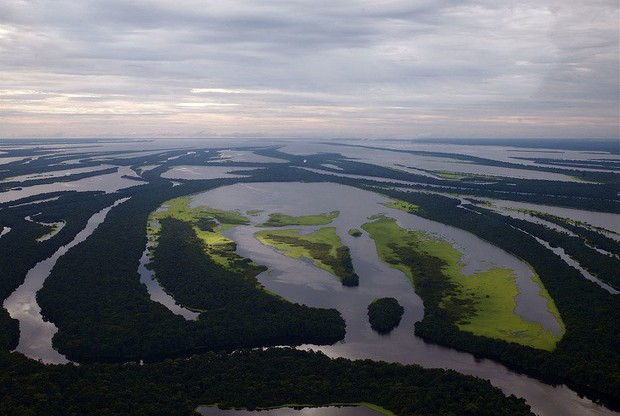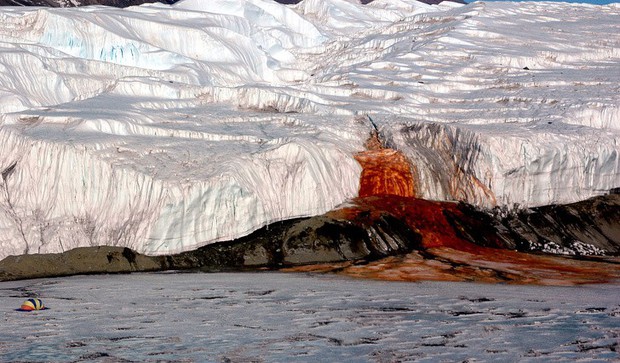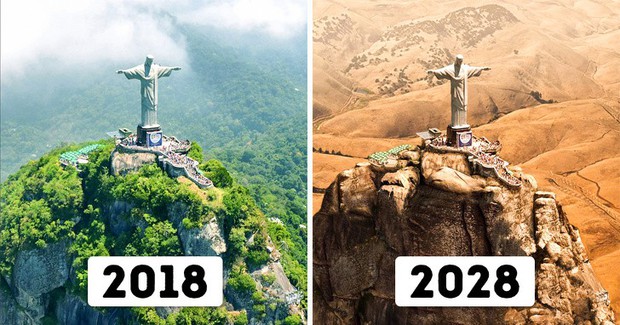Everything has changed over time, just like the Earth. Knowledge which we think to be true before is very “outdated”.
1. Thank you! The ozone hole is closing
About 20 years ago humans were really worried that the ozone layer would appear from huge holes – especially in the Antarctic region.
But it seems the current concern is redundant. A 2015 study showed that compared to 2000, the ozone hole has shrunk by more than 4 million square kilometers, and that number continues to increase.
The reason is also due to the cooperation of environmentalists who have helped governments be aware of the harmful effects of chemicals that cause ozone depletion – such as CFCs (substances found in 20th century coolers) . By limiting products containing CFCs, the ozone layer is slowly being restored.
2. −90 ° C is the coldest temperature ever recorded on Earth
The temperature was recorded on July 23, 1983 at the Antarctic weather station in Vostok.
3. There is an island that has land that contains … soap
It is the Greek island of Kimolos, 53 km2 wide. The special thing about this island is that whenever it rains, the ground will be covered with … soap bubbles.
The reason for this is that Kimolos soil contains soapy clay – a natural soap used by indigenous people instead of conventional soap.
4. The earth would have been melted without it
These are tectonic plates – 7 in total. There is a circulation of carbon between these plates, which is why the Earth is not melted even though the core is filled with extremely hot lava.
5. The Amazon rainforest has one more river that’s bigger than the Amazon
This river is called Hamza. The reason you haven’t heard that name is because it’s an underground river, located 4000 meters above the ground.
The river is almost 6,000 km long, 400 km wide, but it flows at a very slow speed.
6. Antarctica has lost 3 trillion tonnes of ice in the past 25 years
Research conducted in 2017 shows that Antarctica has lost 3 trillion tonnes of ice in the past 25 years. In 2017 alone, an iceberg in Antarctica shattered and alone weighed 1 trillion tonnes.
7. What happens when the world runs out of water?
Just two words: disaster! Plants cannot grow, everything perishes, and humans have no place to live.



